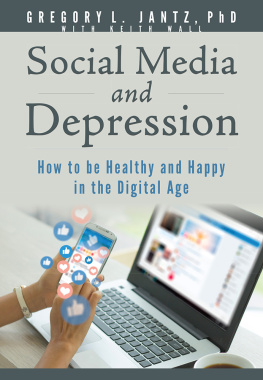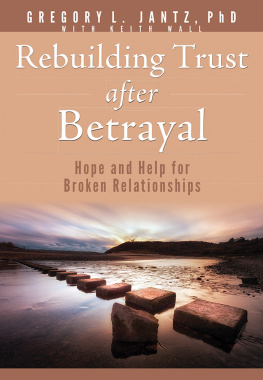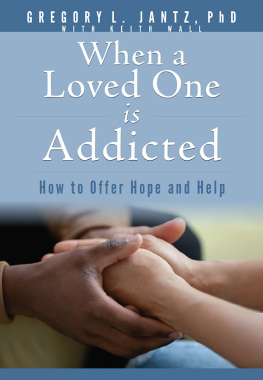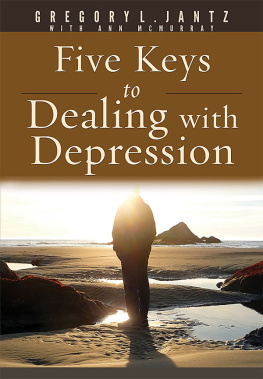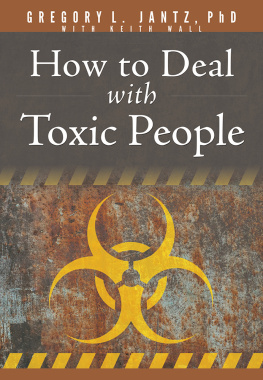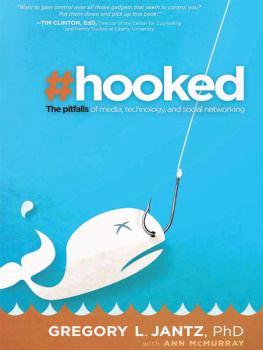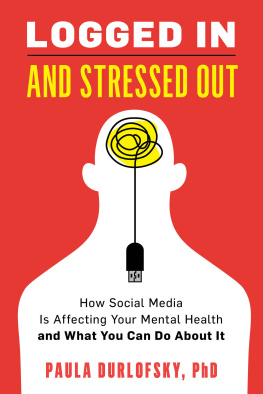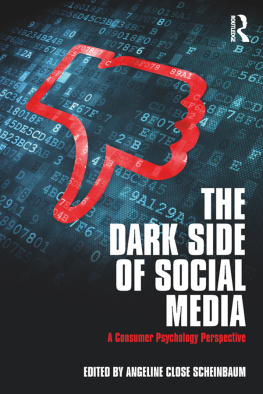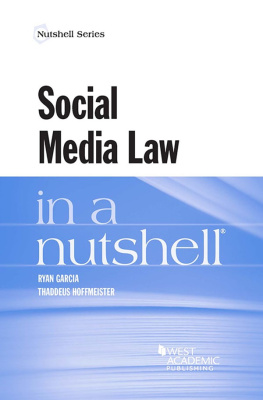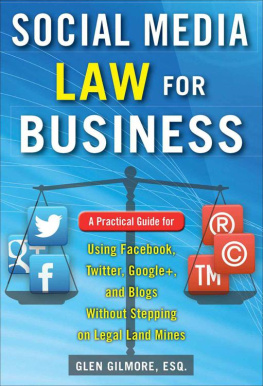Social Media and Depression:
How to be Healthy and Happy in the Digital Age
2021 Gregory L. Jantz
Published by Aspire Press
An imprint of Hendrickson Publishing Group
Rose Publishing, LLC
P.O. Box 3473
Peabody, Massachusetts 01961-3473 USA
www.HendricksonPublishingGroup.com
ISBN 978-162862-987-3
All rights reserved. No part of this work may be reproduced or transmitted in any form or by any means, electronic or mechanical, including photocopying, recording, or by any information storage and retrieval system, without permission in writing from the publisher.
The views and opinions expressed in this book are those of the author(s) and do not necessarily express the views of Rose Publishing, LLC, nor is this book intended to be a substitute for mental health treatment or professional counseling. The information in this resource is intended as guidelines for healthy living. Please consult qualified medical, legal, pastoral, and psychological professionals regarding individual concerns.
Images used under license from Shutterstock.com: 13_Phunkod cover, p. 3, 5, 9, 31, 53, 81, 87; Mangostar p. 6; Rawpixel.com p. 13, 39, 55, 59, 73, 93; Akhenaton Images p. 14, 42, 56, 62, 79, 96; Eviart p. 36, 47, 57, 70, 89, 99; Gorodenkoff p. 49; oneinchpunch p. 61; SpeedKingz p. 63; asiandelight p. 66; michaelheim p. 77; fizkes p. 91; Darya Lavinskaya p. 100; Nuroon Jampaklai p. 105.
Build: 2021-08-12 09:41:57 EPUB 3.0
Introduction
Is Social Media a Positive
or Negative Force?
If you listen to some voices out there, social media is the Dark Side of the Forceperiod. According to that view, social media platforms are responsible for everything from privacy trespasses to mind controland are detrimental to people who use them. They argue that we should all delete every app from our devices and never look back.
Well, not so fast. Thats like saying we should throw away our car keys and never drive again because automobiles can be dangerous. Yes, crashes happen, but modern transportation delivers a wide range of benefits that offset the risksif you take care to drive responsibly.
The same can be said of social media use. Here are some ways it can make life better:
- Consistent connection with friends and family
- Reduced feelings of isolation among the elderly
- Opportunities to promote a small business or organization
- Raising awareness and funds to support a cause thats important to you
- Tools for spreading vital information to the community during an emergency
Nevertheless, these positives do not mean that adverse effects dont exist or shouldnt be taken seriously. Its true that a growing body of research makes it more clear each year that social media use does indeed have a dark sideincluding the elevated risk of depression and anxiety. But, keep in mind that avoiding negative outcomes is not the only reason to educate ourselves about the pitfalls and learn to avoid them. Preserving the benefits of responsible social media engagement is also a payoff worth pursuing.
With that in mind, the dangers posed by excessive or imbalanced use of social media include:
- Increased anxiety and depression
- Distorted sense of identity
- Connection addiction and FOMOthe Fear of Missing Out
- Lower self-esteem and comparison anxiety
- A false sense of intimacy
- Cyberbullying
- Physical stagnation
- Decreased happiness and satisfaction in life
This book will reveal where those pitfalls most commonly lie when using social media, show you how to recognize when they begin to take a toll on your mental health, and offer proven steps you can take to manage the risks and make the technology work for you, not the other way around.
In the pages ahead, Ill share the latest research into the relationship between social media and mental health. Your part will be to honestly assess your own vulnerabilities and to choose best practices to minimize them. Together, Im confident we can all stay safe and sound in the online world.
Chapter 1
From Zero to Everywhere
How Social Media Took the World by Storm
Ask some scholars about the origin of social media, and theyll point all the way back to May 24, 1844. Thats the day Samuel Morse sent the first telegraph over the wires from the US Capitol to a railroad station in Baltimore, Maryland.
Of all the content he could have conveyed, Morse chose to transmit a Bible verse from the Old Testament: What hath God wrought? More than likely he was simply in awe of the invention or perhaps hed had a premonition of the double-edged sword that electronic communication would one day become.
Nearly a century and a half later, the telegraphs offspringthe landline telephonewas still the only social medium in widespread use. It allowed people to stay in touch with friends and family, keep up on community gossip, get help in case of an emergency, and arrange appointments to actually socialize with others. People old enough to remember being confined to one location in the house while talking on the phonebecause it was fixed to the wall or attached by a short cableare rightly astonished at the immense speed and magnitude of change in the past two decades alone.
And yet, hardly anyone considered the telephone to be a source of mental health disorders. As we progress through this book, well seek to answer the question: What makes digital communication in generaland social media in particularso much more likely to be associated with adverse health outcomes than other historic forms?
From Zero to Everywhere in No Time
The first modern, Internet-based social media platform was called SixDegrees, in reference to the idea that there are only six degrees of separation between any two people in a community, making the social web far smaller than most people imagine. Founded in 1997, the group eventually boasted a million registered users who could create profiles and friend one another.
Thats ancient history now. Since then, the one has become many:
- 1999LiveJournal
- 2002Friendster
- 2003LinkedIn
- 2003Myspace
- 2004Gmail
- 2004Facebook
- 2005YouTube
- 2009WhatsApp
- 2010Twitter
- 2010Instagram
- 2011Snapchat
- 2017TikTok
and many other niche platforms too numerous to list. But in that short period of time, usage has now grown to breathtaking proportions.
Without question, social media platforms have become a dominant presence in the world, affecting everything from how we form and maintain relationships to how we elect our leaders. Digital communication now shapes and conveys our values and our sense of self and others. More importantly, the physical and mental demands of sustained social media engagement are something entirely new in human historywith sometimes challenging consequences.
Can Social Media Use Cause Depression?
That turns out to be a complicated question. The simplest answer isprobably, but we dont know for sure. That may sound like a less-than-definitive response, and theres a reason: Social media is a relatively new phenomenon, and a growing (but also relatively new) body of research is emerging and slowly providing data and answers.
Heres a more definitive response: Enough credible research already exists to know that social media does indeed contribute to depression.
At the heart of this question about social media and depression is a chicken-or-the-egg conundrum that is difficult, if not impossible, to resolve. Its true that researchers have seen an increase in depression-like symptoms among some users of social media. But did their online activity cause their feelings of depression, or simply amplify a condition that was already there? Put more directly, does use of social media cause depression, or do depression-prone people gravitate toward riskier social media use? Clear answers are still emerging.
Next page
